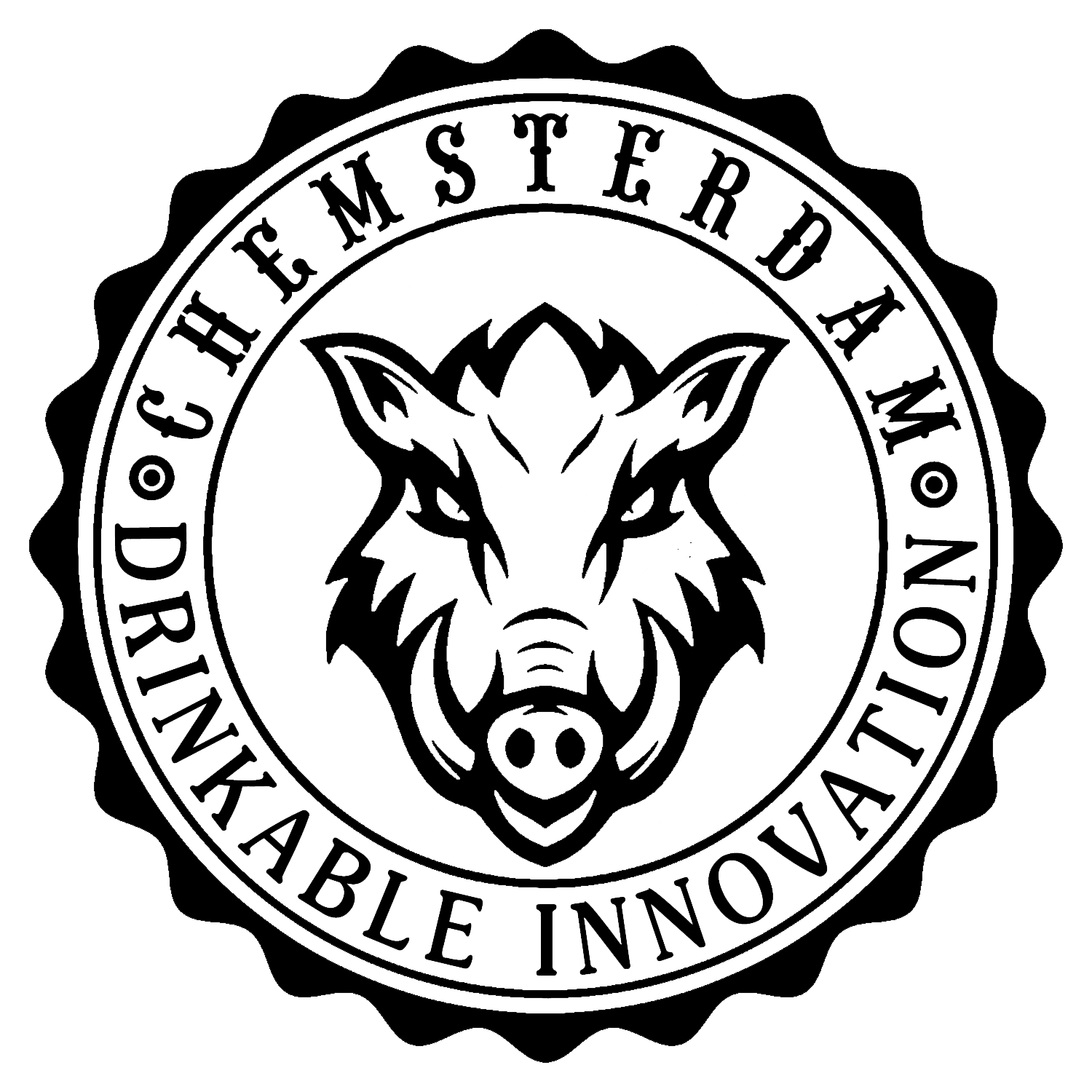Aligning Human Vision with God’s Vision: A Unified Purpose

by Hans Ngo Wurfbain
A close friend of mine, who is not a Christian, recently asked me to separate my faith from my business. This request made me reflect on an interesting contradiction in today’s world—every individual and organization seeks to define their identity and purpose, waving a flag to proclaim their cause.
“I am fighting for the environment!”
“I am advocating for women’s rights!”
“I am championing LGBTQ+ rights!”
These declarations are widely accepted, and people expect others to respect and support their vision. Yet, while these causes stem from the principles of freedom of speech and belief, there seems to be an unspoken rule that saying “We are doing God’s Business” is somehow unacceptable.
Why is it that, in a world where personal convictions and causes are openly expressed, a Christian is expected to keep their faith hidden when doing business? Should a Christian in the modern marketplace feel ashamed to openly declare their identity and purpose?
Absolutely NOT. 不, No, no, Non, Nein, No, Não, Нет, いいえ, 아니요, لا, नहीं, না, Hayır, Nee, Nej, Nie, Όχι, Ne, Nem, ไม่, Không, Tidak, Tidak, לא, Ні, Ei, Nej, Nei, Nu.
The vision I have today is that more people should rethink about their business, and start Doing God’s Business right now.
In 2011, Simon Sinek shared his insight of How Great Leaders Inspire Action at one of the TED open speech. Simon concluded that Successful leaders and organizations do not start with “What” they do or “How” they do it, but rather with “Why” they do it. They have a clear mission and belief, attracting those who share the same values. People don’t buy what you do; they buy why you do it.
The Power of “Why”: How Great Leaders Inspire Action - YouTube Content Edited
From then on, I found all business plan template starts with Vision,
Then, “Start with WHY” leads to the impact on VMV.
Starting with “Why” strengthens the Vision, Mission, and Values framework by ensuring that every action aligns with a deeper purpose. Organizations that lead with purpose don’t just build businesses; they inspire movements.
The traps are soon coming to us.
Let’s start looking at the giant corporations vision statements.
If you categorise them according to themes, you will find them can conflicting each other.
Aligning Human Vision with God’s Vision: A Unified Purpose
In the corporate world, companies define their vision to provide direction, inspire action, and establish their purpose in the marketplace. However, these visions—as ambitious as they may be—are often limited, fragmented, and sometimes even conflicting. One company may prioritize sustainability, another human rights, while yet another seeks innovation and progress.
But what if all true purpose is actually found within one grand vision—the vision of God?
Instead of competing over fragmented visions, every calling, every industry, and every mission should ultimately align with God’s divine plan. His vision is eternal, all-encompassing, and unites all aspects of life under one ultimate goal:
“So whether you eat or drink or whatever you do, do it all for the glory of God.” – (1 Corinthians 10:31)
In this context, our businesses, innovations, and social movements should not exist for their own sake but as a means to glorify God and serve His Kingdom. When properly aligned, there is no industry rivalry or ideological conflict—only collaboration, humility, and empowerment under God’s sovereignty.
God’s Vision: The Ultimate Purpose for All Work
God’s vision is not a trend, a corporate agenda, or a competitive strategy. It is the unchanging, divine mission that He has established from the beginning of time. Every business, every industry, and every social movement should function as a subset of this grand vision:
1. God’s Vision for Creation: Stewardship and Sustainability
• “The earth is the Lord’s, and everything in it, the world, and all who live in it.” – (Psalm 24:1)
• Humanity has been given dominion over the earth not for exploitation, but for stewardship (Genesis 1:28).
• Our responsibility is to care for creation, manage resources wisely, and protect future generations.
Corporate Visions That Align with This:
• Tesla – “To accelerate the world’s transition to sustainable energy.”
• Schneider Electric – “To be your digital partner for sustainability and efficiency.”
💡 Reflection: Sustainability is not just an industry trend; it is part of God’s command to steward His creation wisely.
2. God’s Vision for Humanity: Dignity, Love, and Flourishing
• “So God created mankind in His own image, in the image of God He created them; male and female He created them.” – (Genesis 1:27)
• Every human being has inherent worth and dignity, and every culture, race, and gender is part of God’s creation.
• God calls us to love our neighbor, uphold justice, and care for the oppressed (Micah 6:8).
Corporate Visions That Align with This:
• IKEA – “To create a better everyday life for the many people.”
• Pfizer – “Breakthroughs that change patients’ lives.”
• Johnson & Johnson – “To profoundly change the trajectory of health for humanity.”
• Airbnb – “To create a world where anyone can belong anywhere.”
💡 Reflection: Companies that seek to improve quality of life, promote inclusion, or bring healing are participating in God’s vision for human flourishing.
3. God’s Vision for Justice: Fairness, Integrity, and Equity
• “He has shown you, O mortal, what is good. And what does the Lord require of you? To act justly and to love mercy and to walk humbly with your God.” – (Micah 6:8)
• God’s vision includes justice for all people—regardless of race, gender, or status.
• Businesses must operate with fairness, honesty, and ethical standards, avoiding greed and exploitation.
Corporate Visions That Align with This:
• Coca-Cola – “To refresh the world. To inspire moments of optimism and happiness. To create value and make a difference.”
• PayPal – “To democratize financial services so that everyone, regardless of background or economic standing, has access to affordable, convenient, and secure products.”
• Visa – “To be the best way to pay and be paid, for everyone, everywhere.”
💡 Reflection: Economic empowerment and fair access to financial services reflect God’s justice—ensuring that no one is excluded from participation in society.
4. God’s Vision for Work: Purpose and Service
• “Whatever you do, work at it with all your heart, as working for the Lord, not for human masters.” – (Colossians 3:23)
• Work is not just a means to an end—it is a form of worship.
• The marketplace is a mission field where God’s principles should be lived out and demonstrated.
Corporate Visions That Align with This:
• Microsoft – “To help people and businesses throughout the world realize their full potential.”
• Google – “To provide access to the world’s information in one click.”
• Apple – “To create the best products on earth, and to leave the world better than we found it.”
💡 Reflection: Technology and innovation should not exist for personal gain, but to empower people to work more efficiently, serve others, and advance knowledge for the common good.
5. God’s Vision for Gender and Diversity: Unity and Harmony
• “There is neither Jew nor Gentile, neither slave nor free, nor is there male and female, for you are all one in Christ Jesus.” – (Galatians 3:28)
• Human rights and gender equality are not separate movements; they are part of God’s design for unity and fairness.
• True empowerment does not come from dividing groups but from bringing people together under God’s truth.
Corporate Visions That Align with This:
• Dove – “To help women everywhere develop a positive relationship with the way they look, helping them realize their full potential.”
• L’Oréal – “Because we’re worth it.”
• Nike – “To bring inspiration and innovation to every athlete in the world.”
• Bumble – “To create a world where all relationships are healthy and equitable.”
💡 Reflection: Women’s empowerment and diversity should be pursued in a way that honors God’s design for unity and respect among all people.
No Competition, Only Collaboration Under God’s Vision
In God’s economy, there is no competition between industries. Every sector plays a role in fulfilling God’s greater purpose.
✔ Sustainability companies protect God’s creation.
✔ Tech companies spread knowledge and innovation for human flourishing.
✔ Healthcare companies bring healing and relief to suffering.
✔ Financial institutions create access and economic justice.
✔ Diversity initiatives ensure dignity and respect for all.
Instead of seeing different business visions as opposing forces, we must recognize that each calling, when rightly aligned, serves a higher Kingdom purpose.
🔹 Collaboration, Not Competition: When we submit to God’s vision, companies, organizations, and individuals serve alongside each other instead of fighting for dominance.
🔹 Humility and Service: Instead of claiming superiority, each field must recognize its role in the greater picture and support others in fulfilling their purpose.
🔹 Empowerment Through God: When we submit our visions to God’s ultimate mission, we empower others instead of competing for resources and influence.
Conclusion: Doing Business for God’s Glory
So, do we need a themed corporate vision?
No—because the ultimate vision already exists.
Rather than designing self-centered missions, businesses and individuals must align with God’s eternal plan. In doing so, we will not only create a better world, but we will also ensure that our work is meaningful, sustainable, and glorifying to God.
Instead of asking “What is our company’s vision?”
We should ask: “How does our work fit into God’s vision?”
And then, we should walk in obedience, humility, and purpose—doing God’s business, in God’s way, for God’s glory.
